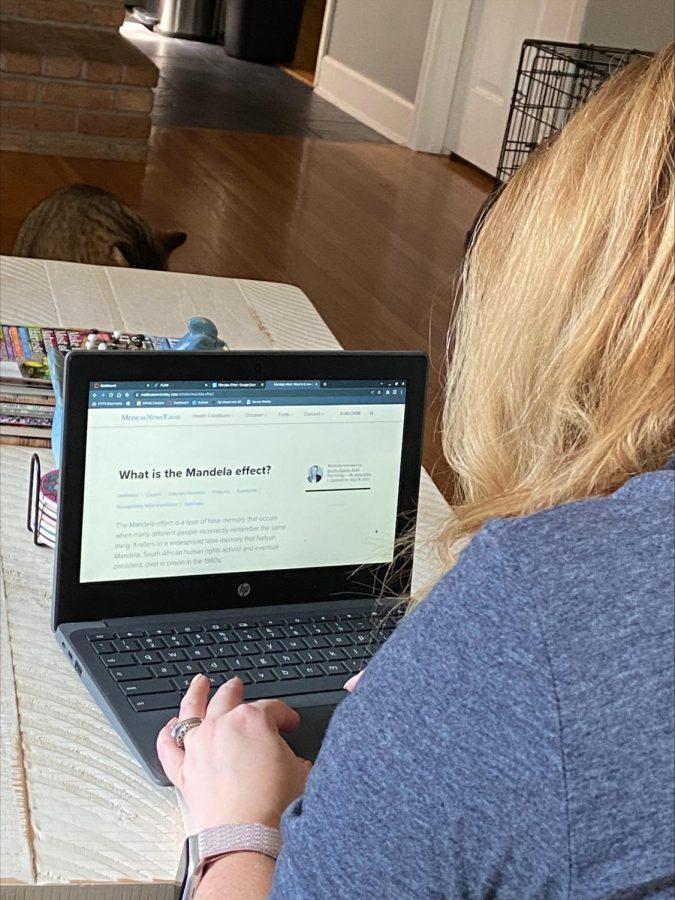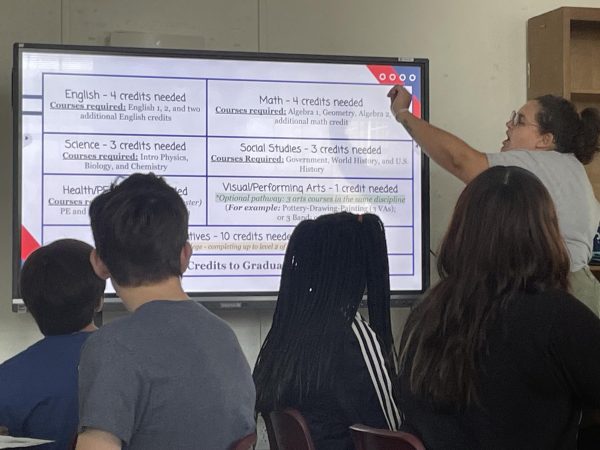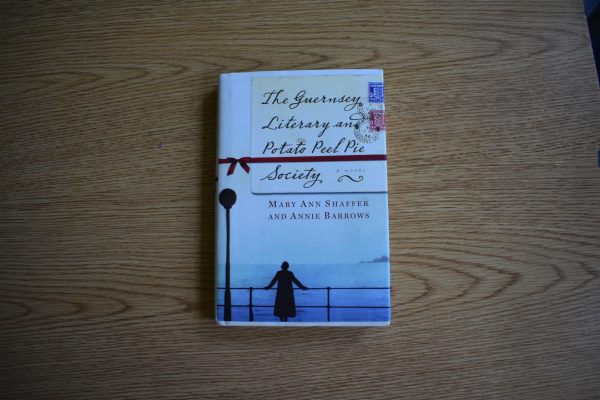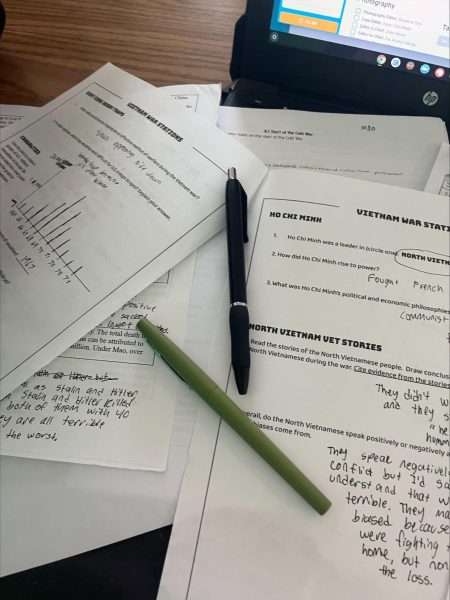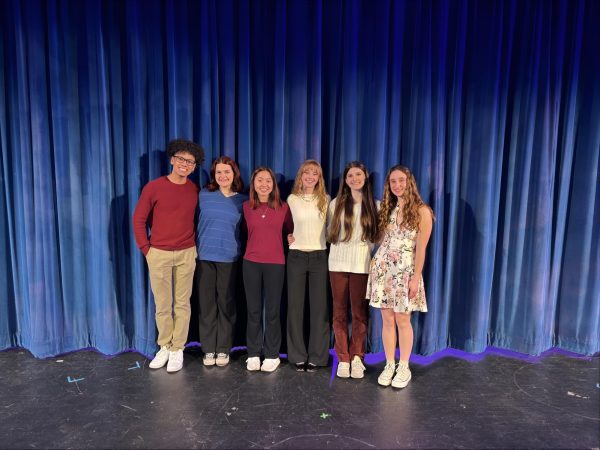The Mandela Effect Explained
Crystal Caudill in 12th grade is looking up more about the Mandela effect. 9/19
The Mandela effect is when a group misremembers a historical event or person. The name came from the event of Nelson Mandela dying in 2013 when numerous people remember him dying in prison in 1980. Mandela’s questionable death caught people’s attention and grew the Mandela effect.
You see the Mandela effect more often than you think in your life. For example, the Berenstein bears were spelled Berenstain, Curious George doesn’t have a tail, and Pikachu’s tail is yellow, not black and yellow.
Memory is not a perfect recording of events that happened. It can change with time and with practice. If a person’s only source of evidence is from their memory, it is possible that the event or memory did not happen or was wrong.
A more likely explanation for the Mandela effect involves false memories. According to an article in Medical News Today, “Confabulation is a theory as to why we experience the Mandela effect. Misleading Postevent Information, information that you learn after an event, can change your memory of an event. Alternate Realities are another theory scientists are looking into.”
The Internet is influencing the memories of our population. We tend to blame everything on social media and electronics, which explains how the Mandela effect has grown in this digital age.
The internet is a powerful way to spread information, and the potential for misconceptions comes with this spreading of information. Misinformation is supported by remembering something repeatedly, building your confidence in the memory even if it grows more inaccurate over time.
As more and more people provide incorrect details, these become incorporated into other people’s memories as facts, strengthening their conviction that they are correct.
The Mandela Effect should be taught in a class to let people interested in this research be exposed to it. It would benefit people who want to study this field of work in college or after high school.
The Mandela effect is when a group misremembers a historical event or person. Memory is not a perfect recording of events that happened. It can change with time and with practice. We should start to take notice of these events and research for explanations because the answers to this phenomenon can reveal unknown mysteries to help us for the future and understand our reality.
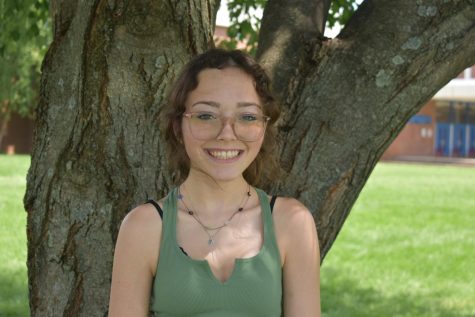
Addison is a junior at Lafayette. This is her second year in journalism. Addison loves to
read and write, mainly fictional and opinion pieces. She has...

